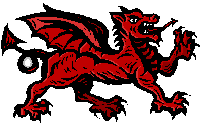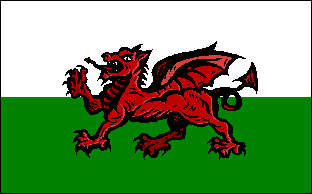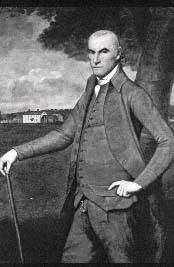 iam
Floyd
iam
Floyd
Will iam
Floyd
iam
Floyd
His land was plundered, his family in exile;
But Floyd never wavered, that wasn't his style.
Known as a successful agriculturist as well as a very religious man, William Floyd has been identified as a Presbyterian according to the Presbyterian Historical Society and the Presbyterian Church, USA. Ian Dorion, "Table of the Religious Affiliations of American Founders," 1997. He devoted considerable time to the Brookhaven church. Robert G. Ferris (editor), Signers of the Declaration: Historic Places Commemorating the Signing of the Declaration of Independence, published by the United States Department of the Interior, National Park Service: Washington, D.C. (revised edition 1975), pages 53-54.
His father was Nicoll Floyd, a respectable landholder who was descended from a line of Welsh farmers back into the early seventeenth century. Nicoll died when his son William was quite young, leaving William no time after that to obtain a formal education. Most of his early life was spent cultivating the farm he inherited. It had grown large, producing cattle and sheep, grain, flax, and wood for export to the City. He utilized several adult slaves and indentured servants.
Though he had little time to study politics, he held strong opinions in regard to England as did many Congregationalists in Suffolk County. He recognized that the colonists had suffered numerous oppressions for years. It wasn't long into his life that he became a member of the militia, attaining office of Major General. In this capacity, there was an event where he held off an invasion by the British navy who was thereby forced to retreat back to their ships.
Floyd participated
in state and national assemblies and served in the Continental Congress
beginning in 1774. In spite of his slight education, his sound judgment
and hard work could not be denied the notice they received among his peers.
When the time came and without the slightest hesitation, Floyd supported Lee's
resolution and signed the
Declaration of Independence.
While he was at Philadelphia, Long Island was evacuated by the American troops. It was taken over by the British army, forcing Floyd's family to flee for safety to Connecticut. Their home was occupied and their livestock eaten by a company of British horsemen during the remainder of the war. For nearly seven years, Floyd and his family were refugees from their home; and he was often in great financial straits. The anxieties that his wife Hannah endured caused her health to decline, and she passed away in 1781 at the age of 41.
http://bioguide.congress.gov/scripts/biodisplay.pl?index=F000224 http://en.wikipedia.org/wiki/William_Floyd
Lives of the Signers to the Declaration of Independence, by Rev. Charles A. Goodrich, New York: William Reed & Co., 1856. Pages 261-282.
In all thy ways acknowledge him, and he shall direct thy paths.
Proverbs 3:6
Music
File from Barry Taylor's Tunebook at http://www.contemplator.com/tunebook/ E-mail
and thank him for his efforts. By Kell's Waters
William Floyd was born during the Christmas Season.